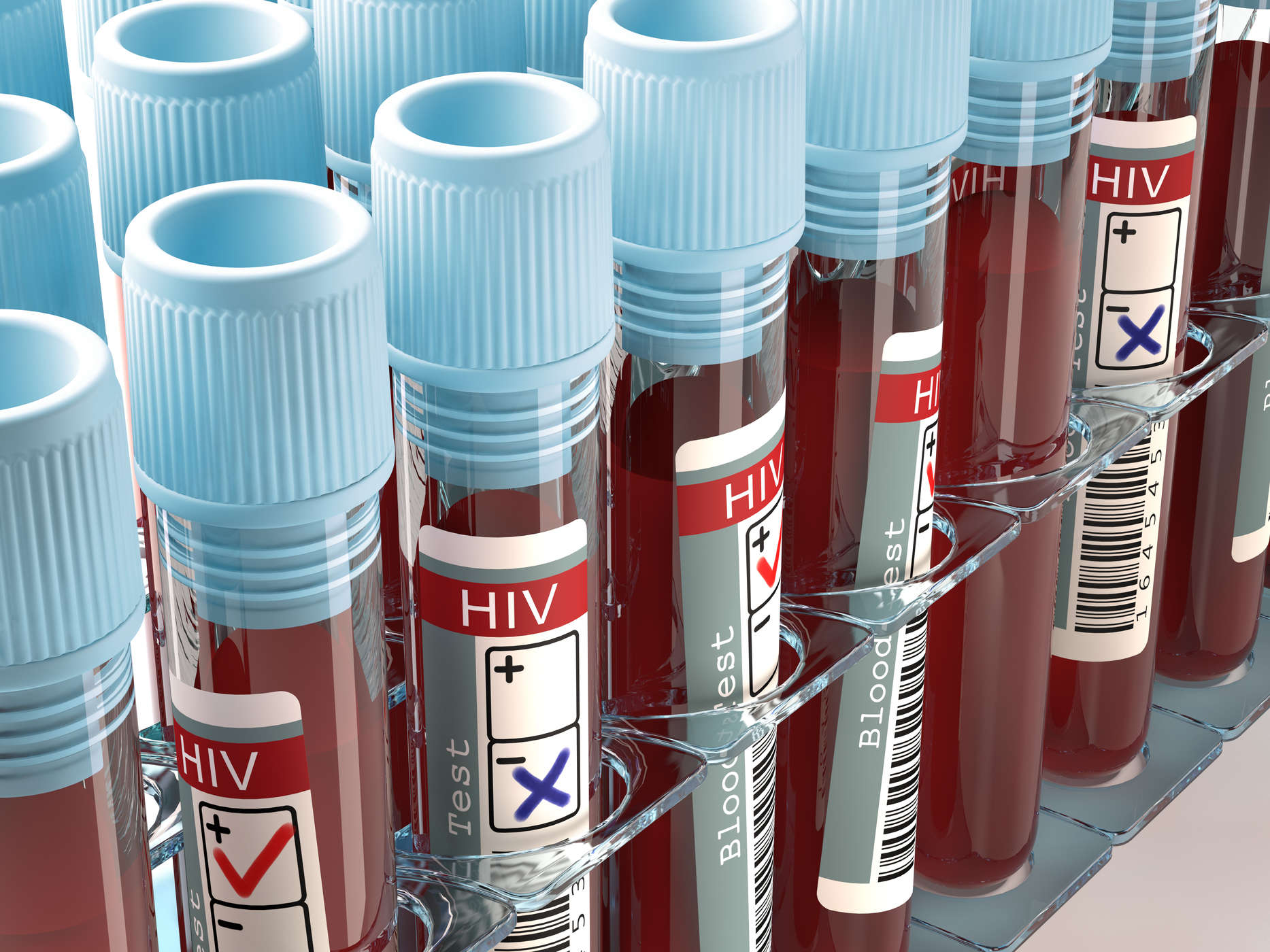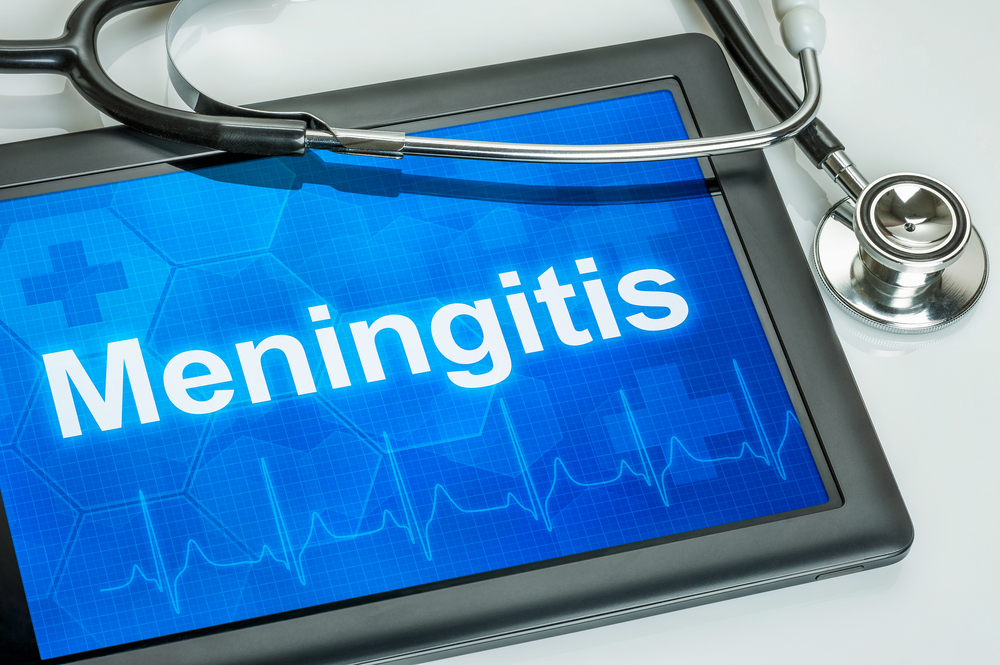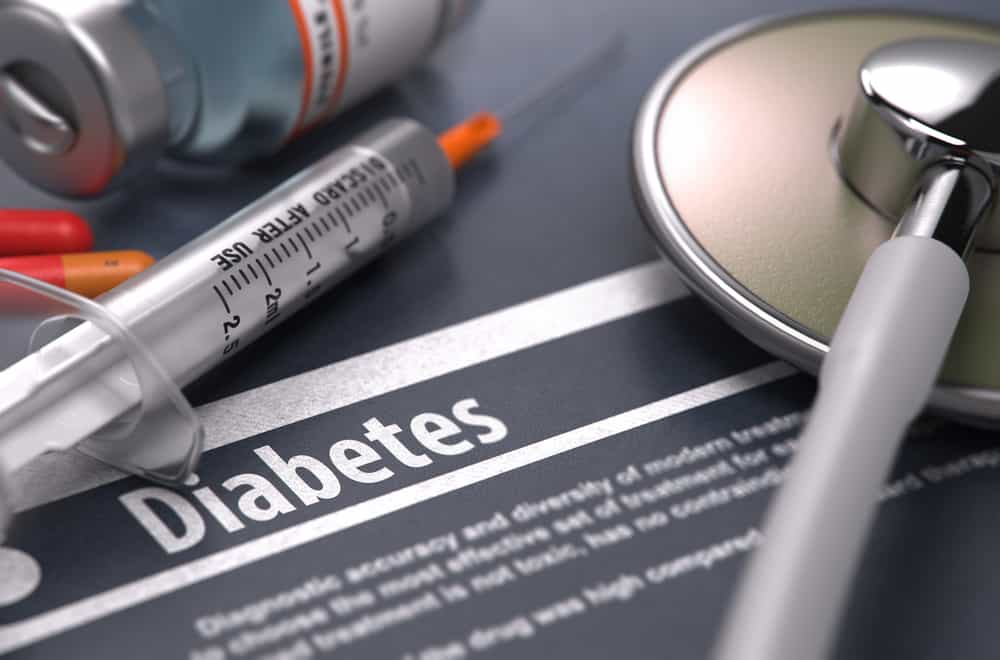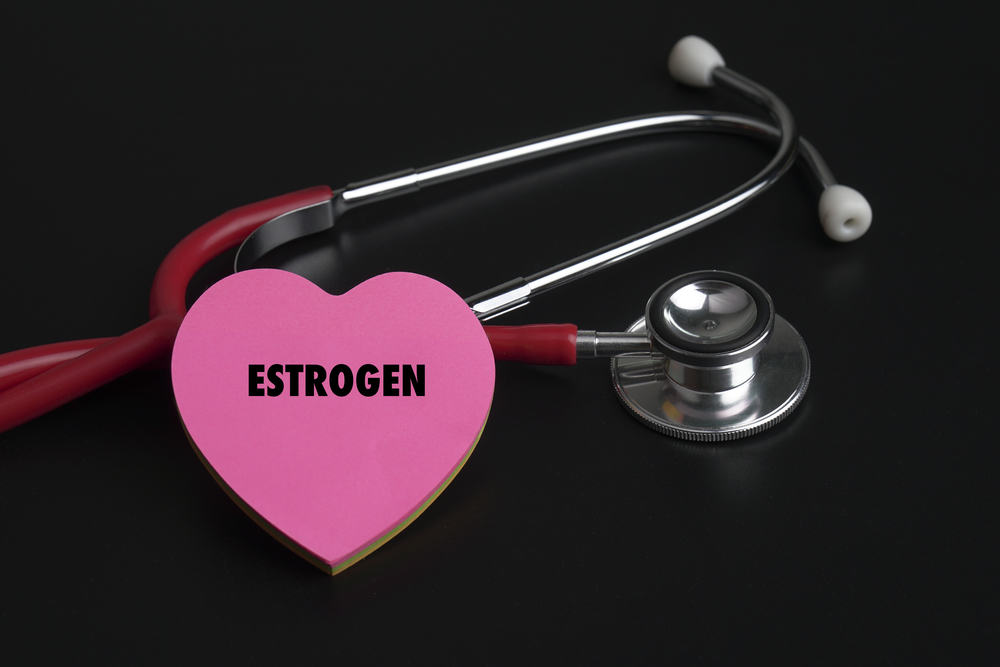Contents:
- Medical Video: Risks for Bladder Cancer
- Get to know bladder cancer
- Symptoms of bladder cancer
- How common is bladder cancer in Indonesia?
- How can bladder cancer occur?
- Trigger factors that make you at risk of bladder cancer
- Changeable risk factors:
- Risk factors that cannot be changed
- What can be done to prevent bladder cancer?
Medical Video: Risks for Bladder Cancer
Cancer is a disease that originates from abnormal cell growth that can occur in various organs of the body, including the bladder. Bladder cancer tends to be unique because how much water you consume can also determine a person's risk for experiencing it. Besides being deadly, this type of cancer can also threaten the reproductive organs.
Get to know bladder cancer
The bladder is a pocket-shaped organ that is equipped with a wall with flexible muscles, and serves to accommodate urine before it is released by the body. The existence of growth and spread of abnormal cells that become cancer of the bladder organ is the beginning of the occurrence of bladder cancer. Cancer cells in the bladder also tend to grow back easily, but every development of cancer cells both relapsing and new tend to be difficult to detect.
Symptoms of bladder cancer
Most cases of bladder cancer are diagnosed when it becomes more serious and spreads. Immediately check when you experience some of the initial symptoms of bladder cancer, including:
- Color changes in urine become orange, pink, or reddish because of the presence of blood in the urine, with frequency often or several times in a matter of weeks or months.
- Having problems with urination such as pain or weak urine flow.
- Feeling you want to urinate even though the bladder doesn't feel full.
Whereas if it becomes more severe, cancer patients may also experience the following symptoms:
- Cannot urinate
- Having low back pain but only on one part, left or right
- Loss of appetite and weight dropped dramatically
- Experiencing fatigue with weakness
- Swelling of the feet occurs
- Pain in the bone
Bladder cancer has many of the same symptoms as other health problems. However, being aware of various symptoms is the most important thing in dealing with cancer early. Immediately consult your doctor if you experience various of these symptoms.
How common is bladder cancer in Indonesia?
Based on cancer statistics belongs to WHO in 2012, the incidence of bladder cancer in Indonesia is 2.3 per 100 inhabitants. Even so, the incidence of bladder cancer in men in Indonesia is 4.1 per 100 individuals while in women only around 0.8 per 100 individuals. This shows that in Indonesia the number of men who experience bladder cancer is five times higher than women.
How can bladder cancer occur?
Most abnormal cells that can become bladder cancer begin to grow on the inside of the bladder wall. Over time, cancer of the bladder can spread into and out of the bladder and surrounding tissues or organs, especially the urinary tract (ureter). Although there are also cancer cells in the bladder that do not spread or only in the inner lining of the bladder wall.
Trigger factors that make you at risk of bladder cancer
Like other types of cancer, there are risk factors for bladder cancer that can be changed and not changed.
Changeable risk factors:
Smoke. Exposure to various toxic substances in cigarettes can trigger the development of cancer cells. Smokers have a three times higher risk of bladder cancer than nonsmokers. Smoking is a very strong risk factor for bladder cancer, at least 50% of women and men who smoke have bladder cancer.
Exposure to chemicals. This is very likely to be experienced by workers in factories that have chemicals benzidine and beta–naphthylamine such as in the tire industry, textiles, paint factories and printing sites. Workers as painters, machinists, hairdressers, and truck drivers are also more at risk of developing bladder cancer.
Exposure to medicinal ingredients. Use of diabetes medications containing pioglitazone more than a year and consume eating supplements aristolochic increases the risk of bladder cancer.
Metal pollution in drinking water. Arsenic metal is a type of metal that is harmful to the body and the presence of this metal in water occurs due to contamination of waste. Drinking water containing Arsenic metal can cause damage to the bladder which results in cancer.
Do not consume enough water. Empty bladder conditions or very little water for too long can cause a buildup of chemicals in the bladder, and this condition can be dangerous for the bladder. Individuals who fulfill the adequacy of daily water tend to have a lower risk of bladder cancer.
Risk factors that cannot be changed
Age and sex. Like cancer in general, age is more at risk of developing bladder cancer. In terms of gender, men are more at risk than women for bladder cancer.
Have had bladder cancer. As explained earlier, bladder cancer cells can grow back easily. This condition may also be caused because the cancer also tends to spread faster especially in the urethra and cause the cancer to grow again in the next few times after the cancer cells disappear.
Chronic irritation and bladder infections. Irritation of the bladder for a long time causes cancer in the bladder, but the exact mechanism of the cause is not yet known. Worm infections Schistosomia can trigger damage to the bladder and trigger cancer.
Congenital defects. An imperfect anatomy of the bladder causes a connection between the bladder and the navel or the abdominal wall. As time goes by, abnormal connections can become abnormal cell development and become cancerous so that it can attack the bladder.
Genetic and family history. Bladder cancer can be lowered in one family, so the presence of family members with blood relations who are close to bladder cancer can increase a person's risk of experiencing it. Some genetic conditions that cause bladder cancer are also caused by interactions with exposure to chemicals, so smoking can increase the risk of individuals with this genetic condition experiencing bladder cancer.
What can be done to prevent bladder cancer?
Prevention of the development of cancer is very necessary to prevent the spread of cancer cells. Make an effort to live healthy by consuming lots of drinking water, vegetables and fruit when there is a change when urinating. Check yourself if you experience various changes when experiencing various initial symptoms as mentioned above. If there is no sign of infection or a urinary tract disorder, consult your doctor for a further examination of bladder cancer. Handling surgery and chemotherapy and monitoring the spread of cancer cells is needed to prevent bladder cancer from growing again.
READ ALSO:
- Differentiating Stomach Pain Due to Gas, Appendicitis, or Kidney Stone
- Yellow urine, what does it mean?
- Can Oral Sex Cause Cancer?












